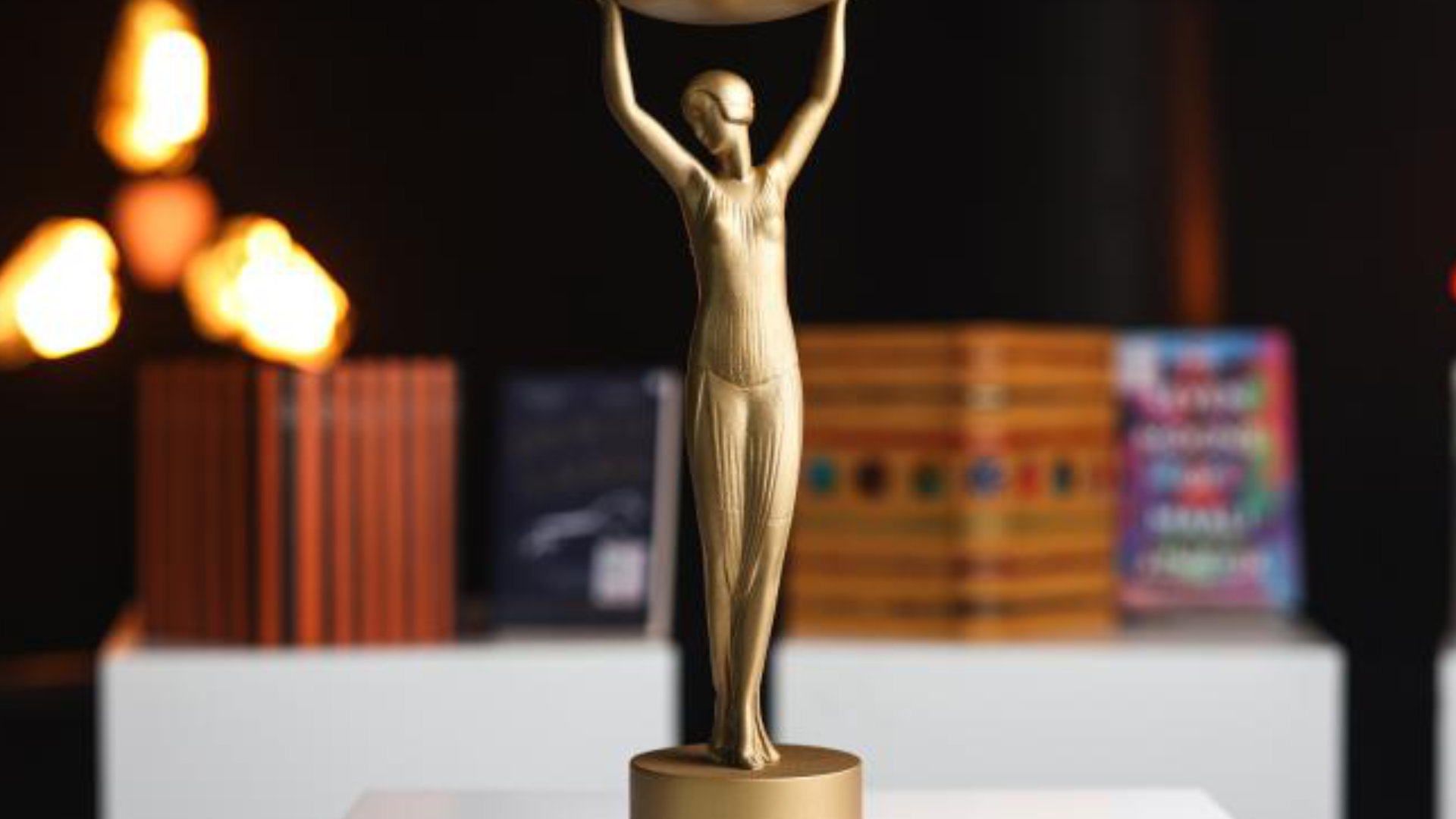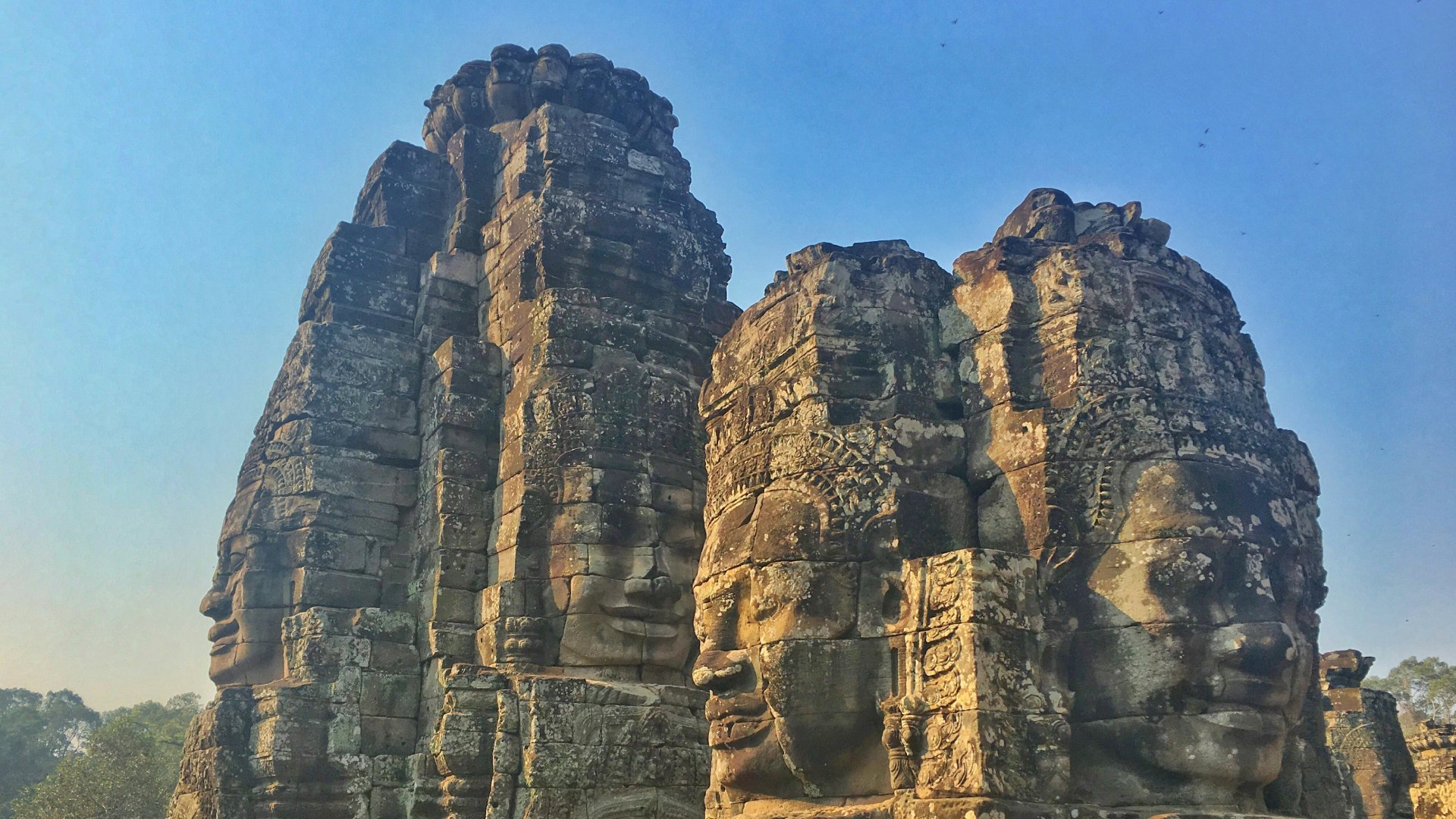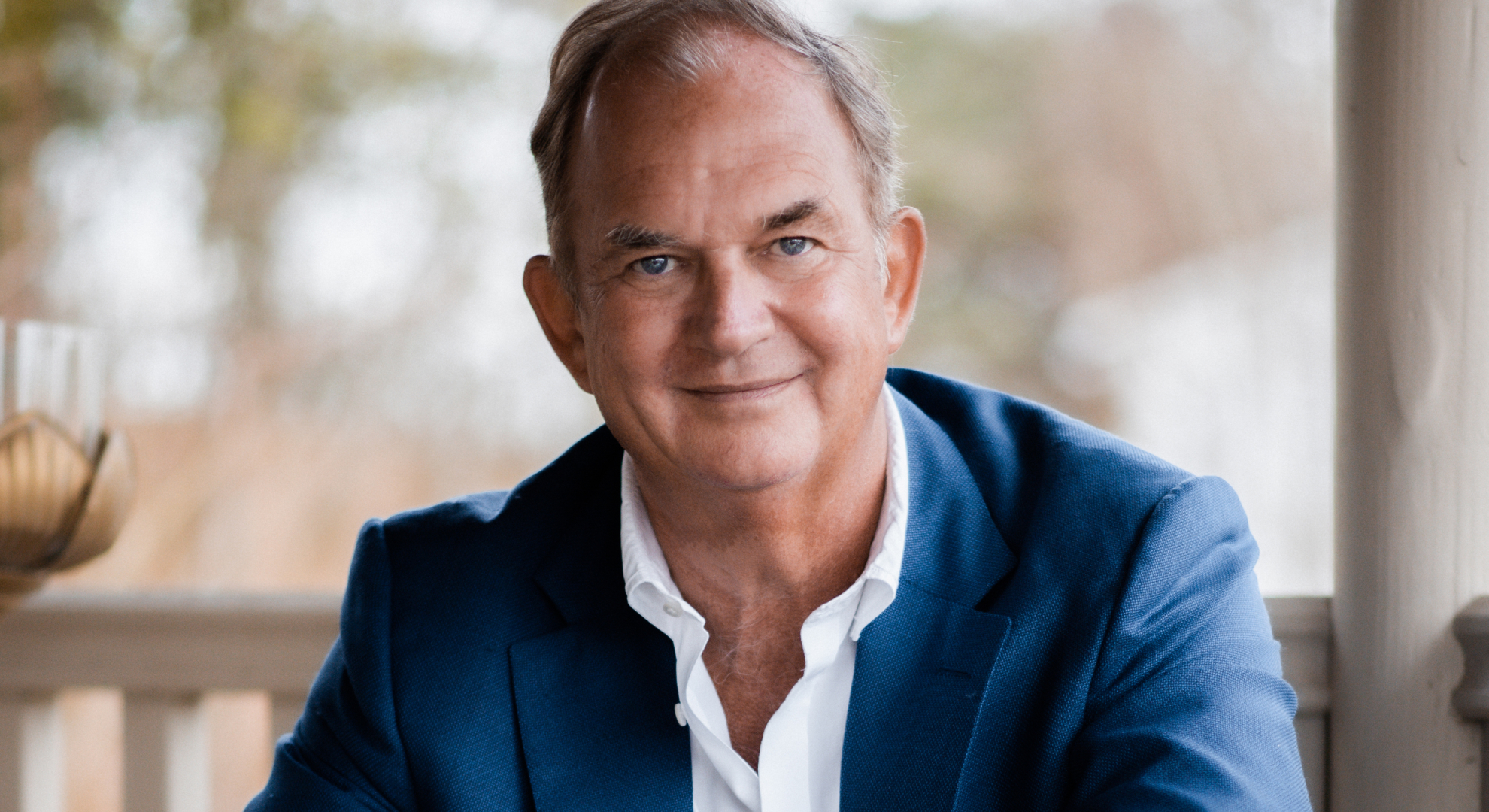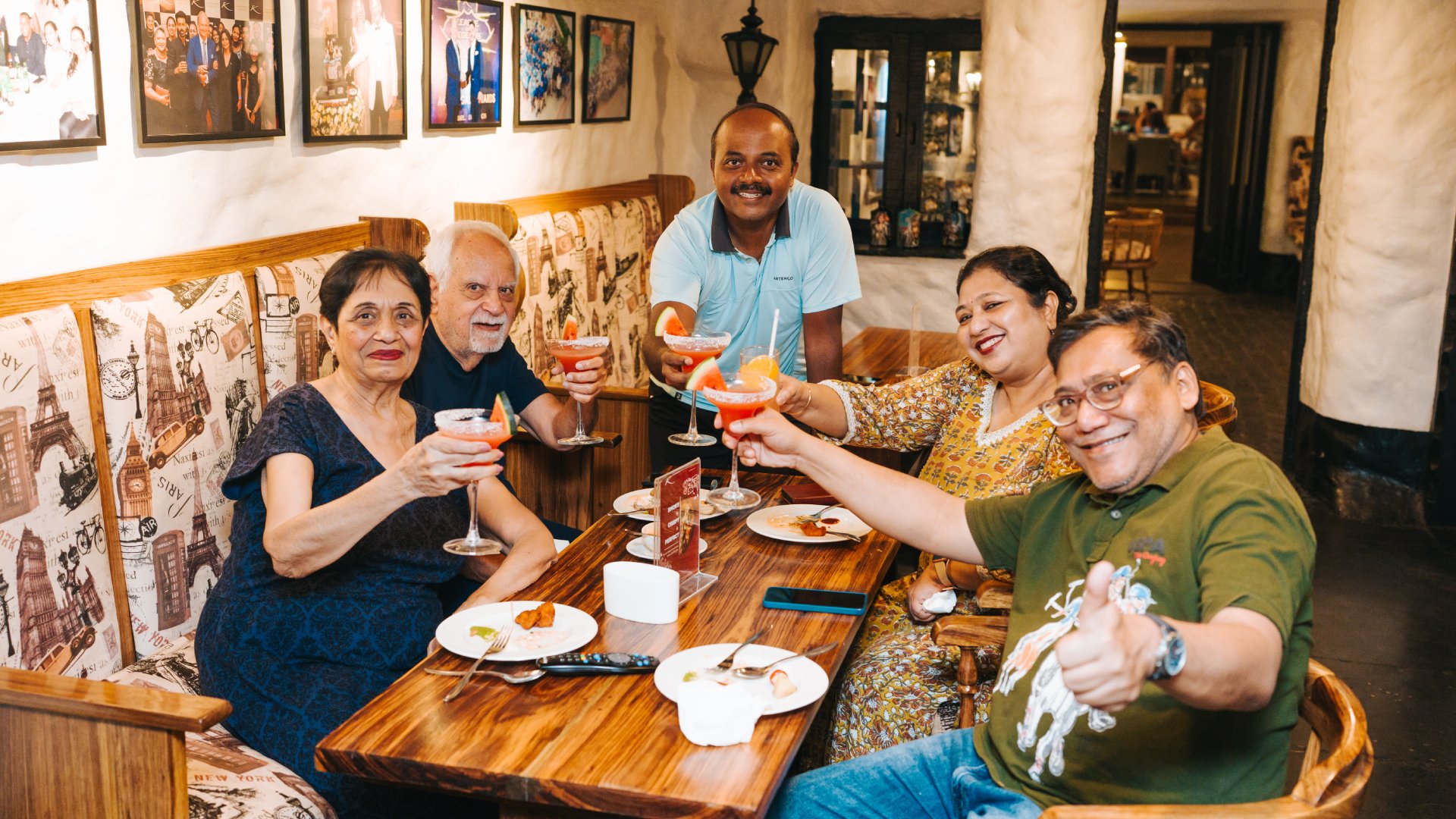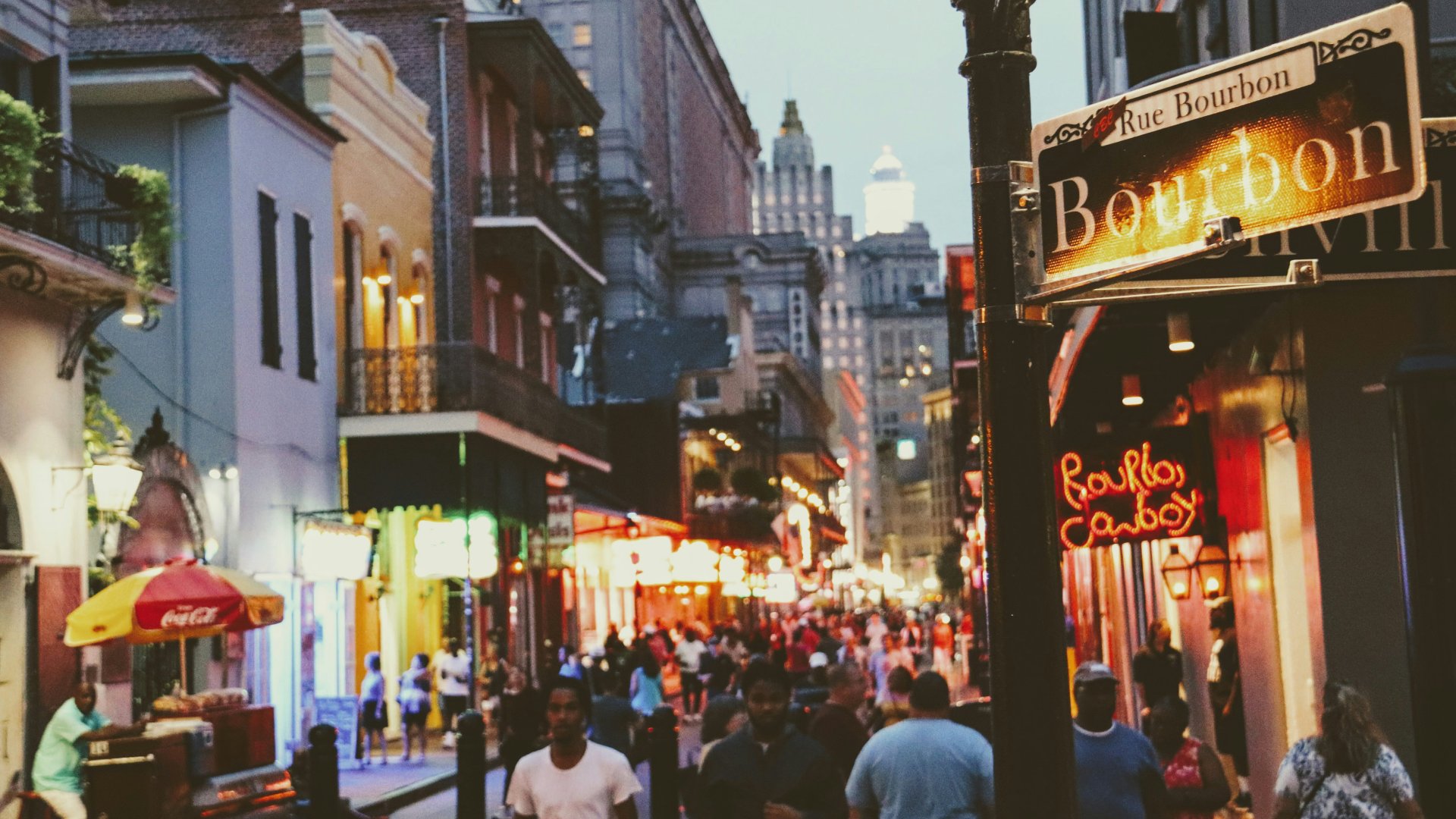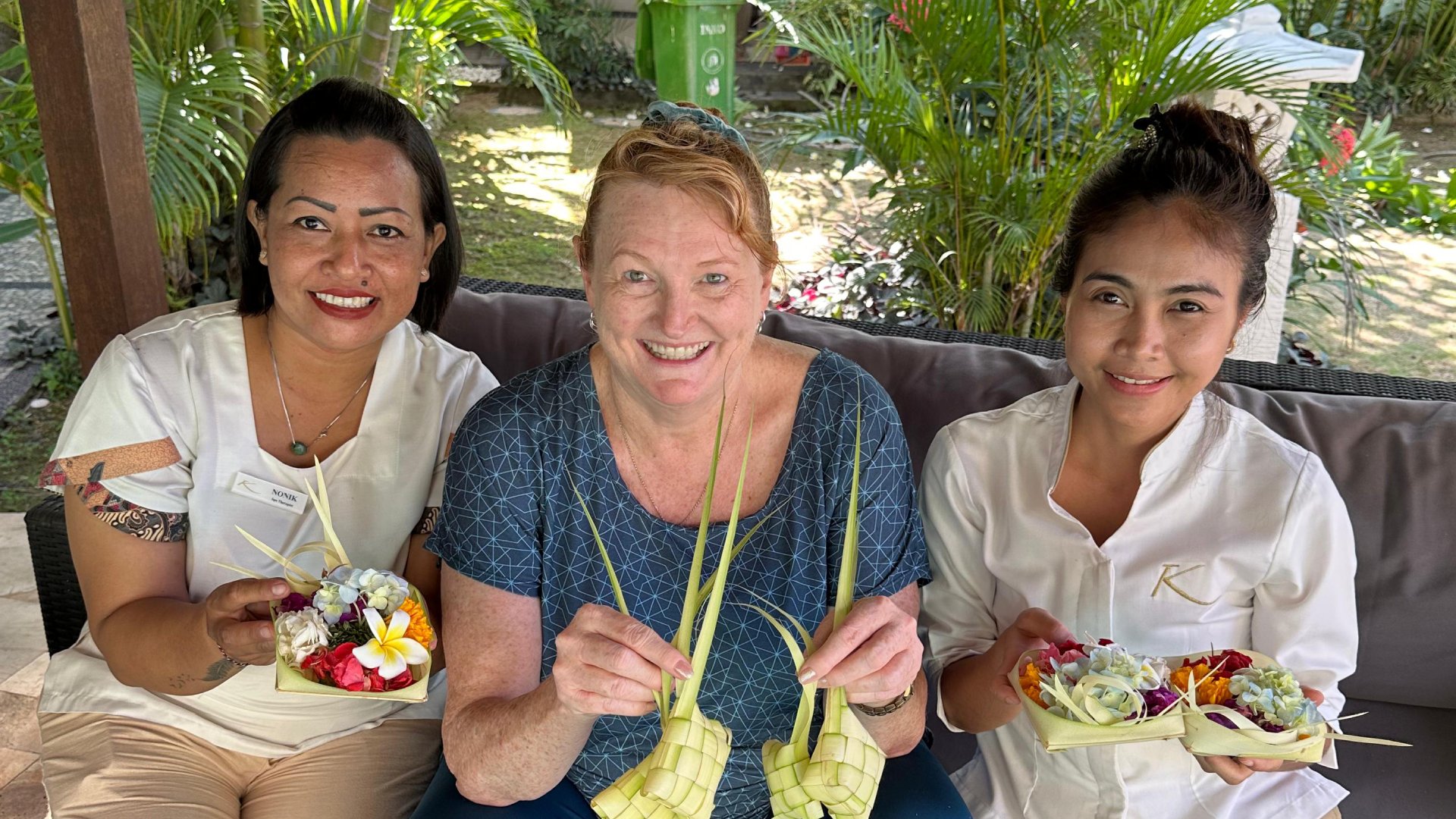It’s that time of year again where some of the world’s leading literary lights come together to select the best books of the last 12 months: Yes, it’s Booker Prize time – arguably the most prestigious annual prize in literature. Last year it was won by Sri Lankan writer Shehan Karunatilaka’s The Seven Moons of Maali Almeida. This year, Ultimate Library brings us a shortlist including six riveting reads, including a magical realist novel from South Korea, a story about a man taking refuge in the past to avoid an unbearable present and a fable about the possible arrival of a new Messiah set in Guadeloupe…
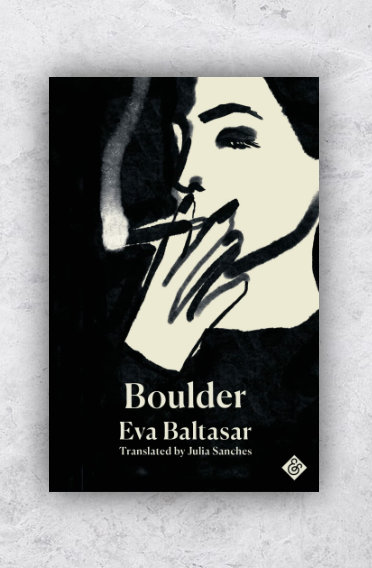
1. Boulder by Eva Baltasar (trans. by Julia Sanches)
‘The author deftly manages to elevate the idea of a relationship to a force of nature’ (Times Literary Supplement). In this tale of female love, a cook on a merchant ship forms a deep bond with Samsa, who affectionately calls her ‘Boulder’. When Samsa lands a job in Reykjavik and wants to start a family, Boulder reluctantly agrees. As motherhood transforms Samsa and strains their relationship, Boulder faces a tough choice between freedom and love. Eva Baltasar showcases her mastery in capturing queer voices amidst adversity, with prose reminiscent of an ancient saga.

2. Whale by Cheon Myeong-kwan (trans. by Chi-Young Kim)
Set in a remote village in South Korea, Whale follows the lives of three linked characters: Geumbok, an extremely ambitious woman who has been chasing an indescribable thrill ever since she first saw a whale crest in the ocean; her mute daughter, Chunhui, who
communicates with elephants; and a one-eyed woman who controls honeybees with a whistle. A fiction that brims with surprises and wicked humour, from one of the most original voices in South Korea.

3. Gospel According to the New World by Maryse Condé (trans. by Richard Philcox)
In Maryse Conde’s latest novel, a miracle unfolds on Easter Sunday when Madame Ballandra is astonished by the beauty of baby Pascal. With rumours swirling that he may be the child of God, Pascal embarks on a journey to uncover his origins and decipher his mission. As he travels from one community to another, signs point towards his extraordinary destiny. Will Pascal change the course of humanity? And what will the New World Gospel reveal? This captivating and powerful novel by Conde is a testament to the enduring forces of solidarity and love, infused with beauty, humor, and conviction.
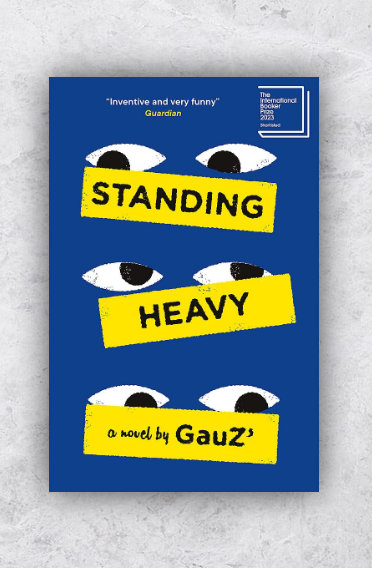
4. Standing Heavy by GauZ’ (trans. by Frank Wynne)
‘This inventive and very funny debut novel offers a whistle-stop, whizz-bang tour of Franco-Africa history’ (The Guardian). Amidst the political bickering between the inhabitants of the Residence for Students from Côte d’Ivoire and the ever-changing landscape of French immigration policy, two generations of Ivoirians attempt to make their way as undocumented workers by taking shifts as security guards at a flour mill. This sharply satirical yet poignant tale draws on the author’s own experiences as an undocumented student in Paris.

5. Time Shelter by Georgi Gospodinov (trans. Angela Rodel)
‘Touching and intelligent’ (New York Times) In Time Shelter, an unnamed narrator collects remnants of the past, including furniture, buttons, scents, and light. The rooms become so convincing that people seek refuge in the clinic, hoping to escape the horrors of the present. However, when the past starts encroaching on the present, a conundrum unfolds. Georgi Gospodinov’s intricately crafted and eloquently translated novel solidifies his reputation as an indispensable writer and a significant voice in international literature.
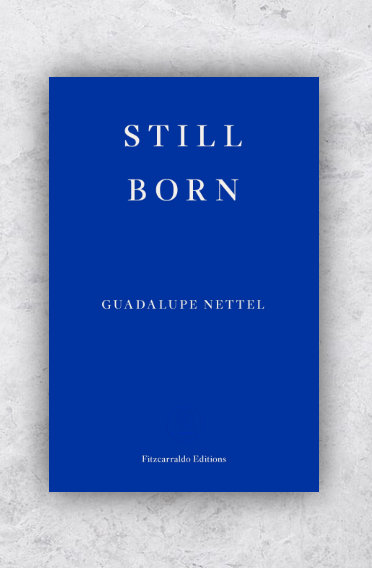
6. Still Born by Guadalupe Nettel (trans. Rosalind Harvey)
In Guadalupe Nettel’s thought-provoking fourth novel, two career-driven women, Alina and Laura, face the weighty decision of whether to have children. Laura chooses sterilization, while Alina finds herself drawn to motherhood. As Alina’s pregnancy becomes complicated and Laura develops an attachment to a neighbour’s son, both women confront the complexity of their emotions. With gripping and insightful prose, Nettel skilfully dissects maternal ambivalence, unravelling the contradictions that
shape women’s lived experiences.

